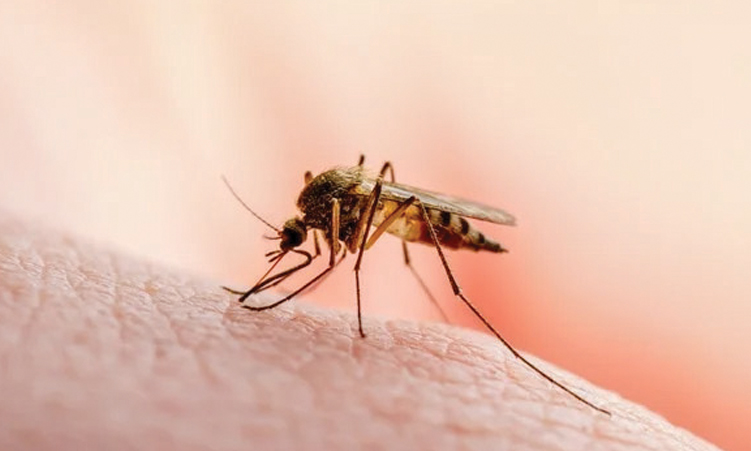The three projects are Etunda, Shadikongoro and Ndonga Linena irrigation projects. Antindi said the agency received N$4 million from the agriculture ministry in April last year, for winter crop production but received nothing for summer production. “This was given to three projects; Etunda, Shadikongoro and Uvungu-Vungu irrigation projects,” Antindi said. “In winter, we planted wheat but the produce was not good at all. In 2020, the ministry gave us only N$62 million. We planted maize in five projects, and afterwards we sold them to the Agro-Marketing and Trade Agency for N$13 million.”Last year, Uvungu-Vungu planted 110 hectares of maize on a commercial scale, while Sikondo planted maize on a 90 hectare plot, she said. The lack of production affected the small-scale farmers who did not receive their loan vouchers from Agribank, Antindi said, adding that the small-scale farmers received vouchers worth N$300 000, and many owe the bank.“The ministry did not respond to our request for summer crops and that is why the projects are at a standstill. We cannot do anything without funds,” she said. Speaking to The Namibian on Friday, small-scale farmer Anastasia Shifire, who owns six hectares of crop production in Shadikongoro, said her last harvest was of wheat in October 2021. “Ever since October, I didn't receive any budget to assist me with my farming activities. Usually I get about N$3 000,” said Shifire who grows maize and wheat in summer, and watermelons, cabbages and pumpkins in winter.“Last year I planted six hectares of maize. When I harvested, only three hectares of maize produced a good yield.”In total, Shifire only got 12 tonnes of maize because three hectares did not produce any crops. She also planted wheat last year, producing six tonnes.Farmer Airwa Dnitha owns a 400 hectare farm in the project. In the last season, she only planted three hectares of maize, producing 12 tonnes. Dnitha also last received a loan of N$3 000 to enable her to continue farming. “The loan is given according to how many crops you plant. It is only sufficient when one is planting maize,” said Dnitha who has been on the farm for 11 years but has never experienced a situation like this.“I have five employees and as we speak, they are all at their houses. We are not having side jobs, we only depend on farming,” said Dnitha, who supplies both Bokomo and Namib Mills.“Maize was all bought up and now I am scared that I might lose my buyer because I did not produce anything. Usually I produce more when we get funded at the beginning of the plowing season.”Contacted for comment, agriculture spokesperson Jona Musheko said many schemes are facing similar challenges, which the ministry is looking to solve. He added that each scheme will be visited and attended to.Speaking at the Expo 2020 Dubai last week, agriculture minister Calle Schlettwein noted that the government has developed a total of 11 green scheme projects, which it intends to lease out to the private sector. “The government, through the Ministry of Agriculture, Water and Land Reform, intends to issue the request for proposals by June 2022 to the market for competitive bidding by July 2022. The schemes will be leased as is,” he said. He added that Uvhungu-Vungu is one of the 11 green schemes previously operated by the government and due for outsourcing through the open bidding process.
Stay informed with The Namibian – your source for credible journalism. Get in-depth reporting and opinions for
only N$85 a month. Invest in journalism, invest in democracy –
Subscribe Now!










